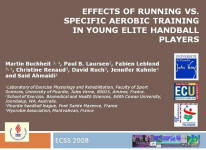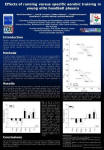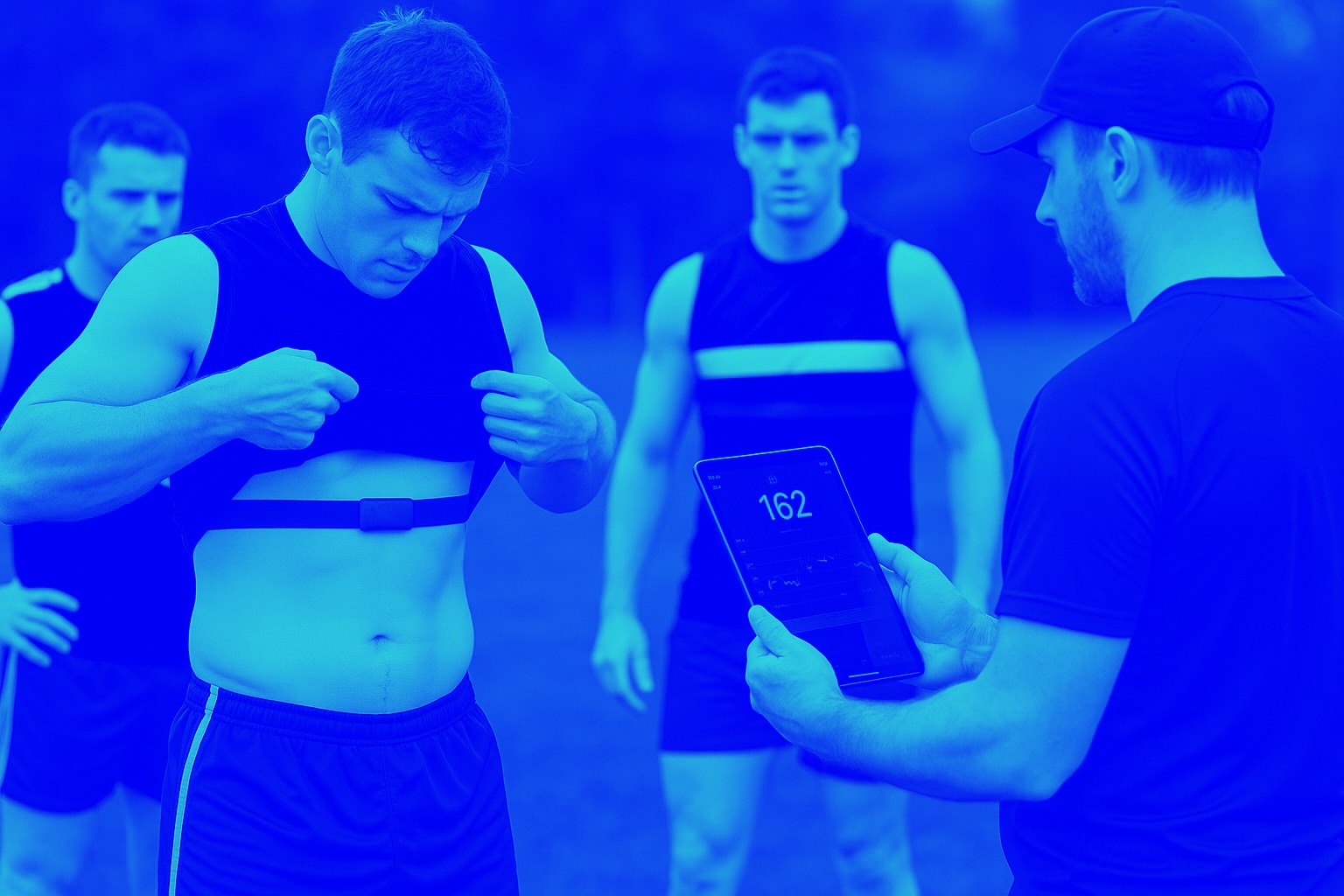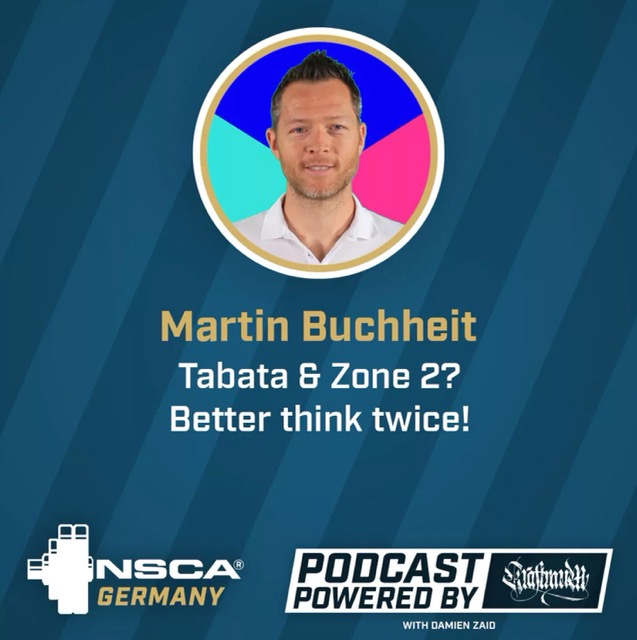Game-based training in young elite handball players
pdf: M. Buchheit – specific HB training (ECSS 2008)
pdf: Poster BUCHHEIT – Spe HBT – Coaching & Sport Science journal 2008
Game-based training in young elite handball players.
Source
Faculté des sciences du sport, Laboratoire de Recherche EA-3300: Adaptations Physiologiques à l’Exercice et Réadaptation à l’Effort, Amiens, France. martin.buchheit@u-picardie.fr
Abstract
This study compared the effect of high-intensity interval training (HIT) versus specific game-based handball training (HBT) on handball performance parameters. Thirty-two highly-trained adolescents (15.5+/-0.9 y) were assigned to either HIT (n=17) or HBT (n=15) groups, that performed either HIT or HBT twice per week for 10 weeks. The HIT consisted of 12-24 x 15 s runs at 95% of the speed reached at the end of the 30-15 Intermittent Fitness Test (V(IFT)) interspersed with 15 s passive recovery, while the HBT consisted of small-sided handball games performed over a similar time period. Before and after training, performance was assessed with a counter movement jump (CMJ), 10 m sprint time (10 m), best (RSAbest) and mean (RSAmean) times on a repeated sprint ability (RSA) test, the V(IFT) and the intermittent endurance index (iEI). After training, RSAbest (-3.5+/-2.7%), RSAmean (-3.9+/-2.2%) and V(IFT) (+6.3+/-5.2%) were improved (P<0.05), but there was no difference between groups. In conclusion, both HIT and HBT were found to be effective training modes for adolescent handball players. However, HBT should be considered as the preferred training method due to its higher game-based specificity.





